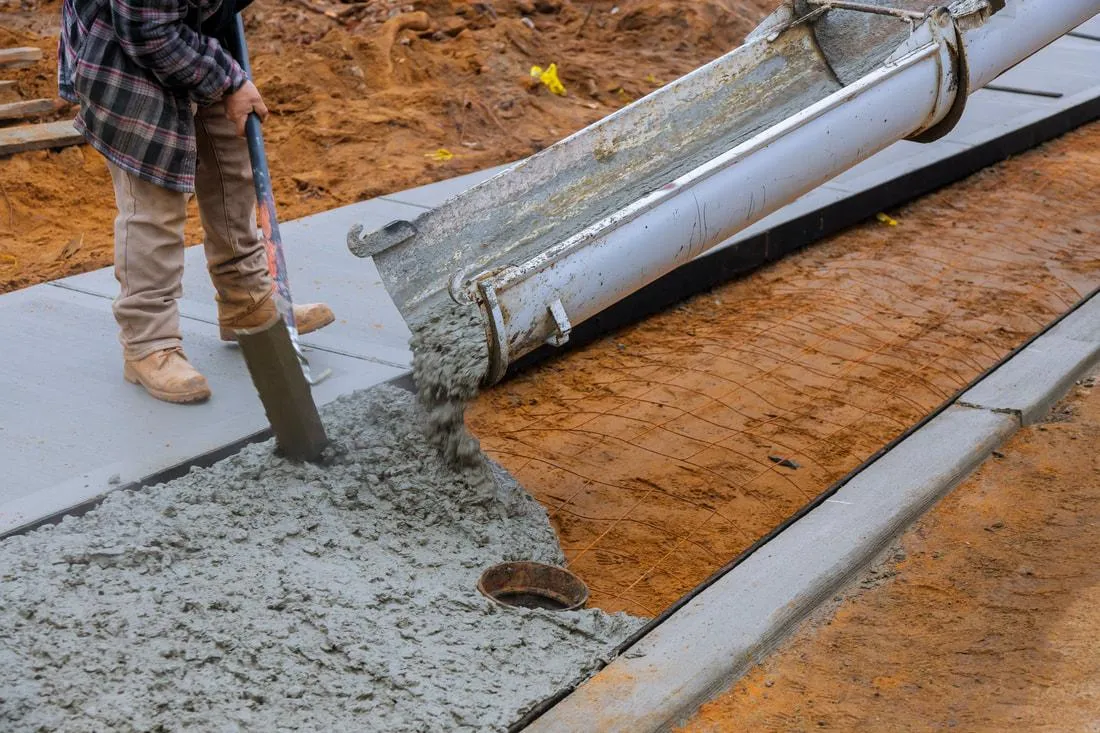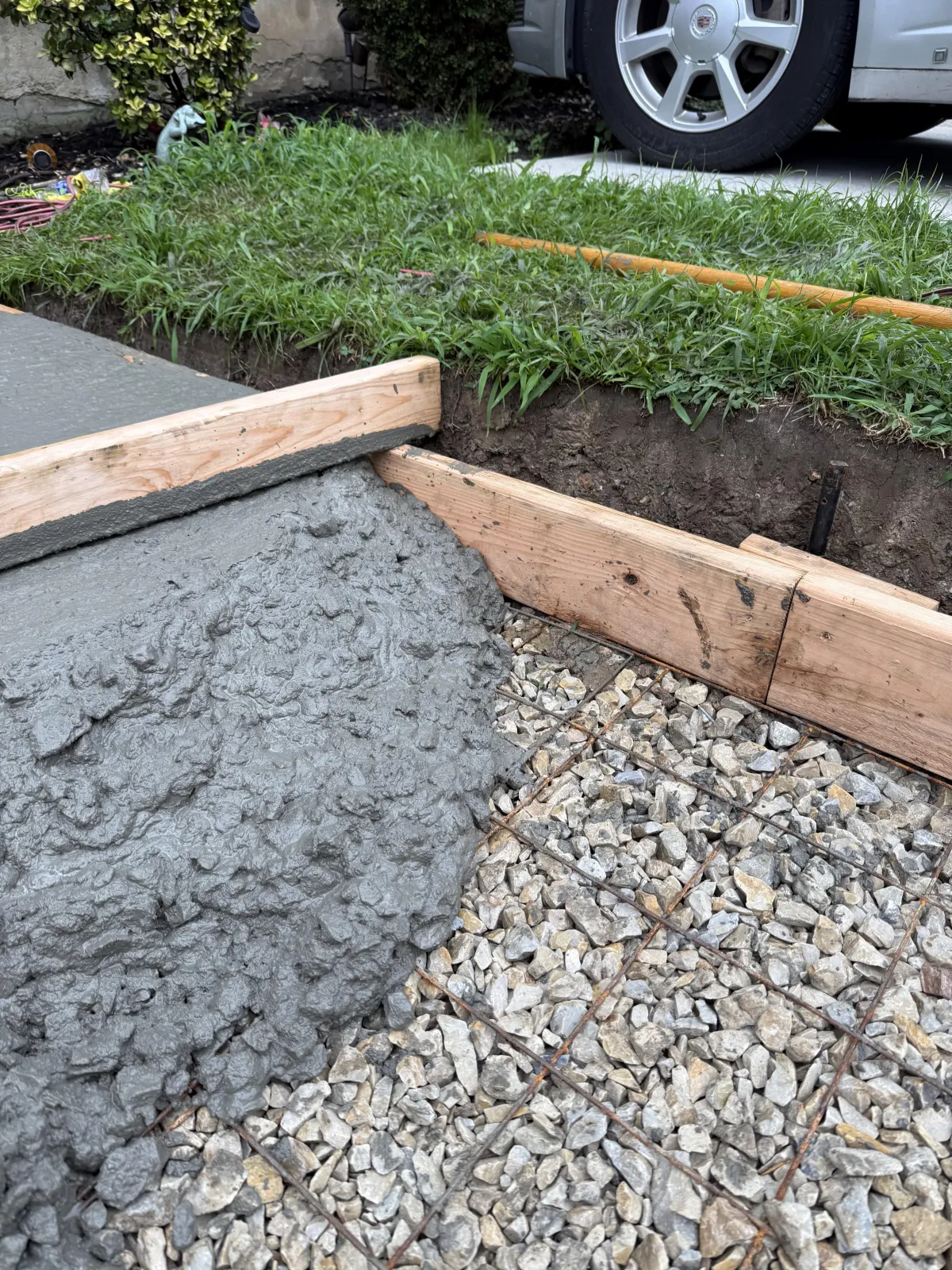
Smart Commercial Stucco Solutions in Philadelphia, PA & Surrounding Areas
Enhance your commercial building in Philadelphia, Haverford Township, West Chester, Marple Township, Upper Darby, Chester, Springfield, Delaware County, nearby Delaware, and New Jersey with durable, energy-efficient, and cost-effective stucco. Stucco offers a resilient, low-maintenance exterior that reduces energy costs, protects your investment, and elevates your brand’s appearance.
Why is Stucco a Smart Investment for Commercial Buildings?
Stucco is a cement-based exterior finish that offers long-lasting durability with minimal upkeep, making it a smart investment for commercial property owners. By reducing the frequency of repairs and providing thermal insulation, stucco lowers long-term operational costs. Additionally, it creates an attractive exterior that strengthens your professional image across the Philadelphia metro area and surrounding towns.
How Does Stucco Ensure Lasting Durability?
Stucco protects commercial properties by forming a seamless, weather-resistant shield that can withstand impacts, UV rays, and freeze-thaw cycles. Reinforcing mesh embedded in the stucco minimizes hairline fractures, while properly cured stucco repels water to prevent surface damage. Its cement composition also reduces the risk of rot or corrosion where attachments are made. With proper installation and maintenance, stucco ensures longevity and reduces the need for frequent repainting or patching, benefiting buildings in Haverford Township, West Chester, Marple Township, and Upper Darby.
What Energy-Saving Benefits Does Stucco Provide?
Stucco improves energy efficiency by leveraging its thermal mass to stabilize indoor temperatures, reducing the workload on HVAC systems and lowering energy bills. Thick stucco walls absorb heat during the day and release it gradually at night, providing smoother and more consistent temperature control. When combined with foam or EIFS backing, stucco can achieve R-values of approximately 3 to 5 per inch, further reducing energy consumption. These properties help commercial buildings in Chester, Springfield, Delaware County, Delaware, and New Jersey save on operational costs.
How Does Stucco Enhance Design Flexibility and Brand Image?
Stucco offers extensive design possibilities that can be customized to reflect your company’s branding and architectural vision. Smooth or rustic textures can be tailored to suit any commercial aesthetic, and built-in pigments ensure that your chosen colors remain vibrant over time. Architectural details such as molded trims, cornices, and joint reveals integrate seamlessly into the stucco exterior. By providing both style and function, a custom stucco exterior boosts curb appeal and reinforces a professional identity across Philadelphia, West Chester, and nearby New Jersey towns.
What Safety Advantages Does Stucco Offer Commercial Buildings?
Stucco is inherently fire-resistant, earning a Class A fire rating that meets strict safety codes. Its dense composition enhances impact resistance, helping to protect the building against debris or forced entry. Additionally, when properly installed, stucco’s breathable surfaces inhibit mold and mildew growth behind the finish. These safety benefits improve occupant protection and ensure compliance for commercial buildings in Delaware County, Upper Darby, and Springfield.
What Are the Differences Between Traditional Stucco and EIFS?
Traditional stucco is applied in three layers—scratch, brown, and finish—over a wire mesh base. This method provides excellent impact resistance and a long lifespan, forming a solid, durable exterior that requires minimal upkeep. EIFS, or Exterior Insulation and Finish System, is a multi-layer synthetic stucco that includes insulation panels and a polymer-modified plaster. EIFS offers higher R-values and energy efficiency compared to traditional stucco. High-rise offices may prefer EIFS for its insulation benefits, while retail, hospitality, and educational facilities often choose traditional stucco for its tactile finish and durability.
How Can Commercial Stucco Installation Maximize Cost-Effectiveness?
Professional stucco installation begins with a thorough assessment of the substrate and any necessary repairs, including waterproofing measures. Reinforcement, either in the form of metal lath or foam panels, is then attached according to building codes. The scratch and brown coats are applied with embedded mesh to ensure structural integrity, followed by proper curing and moisture control to prevent blistering or shrinkage. Finally, the finish coat is applied using the chosen texture and color. By following these steps, commercial buildings in Philadelphia, Marple Township, Chester, and Delaware County benefit from longer-lasting stucco and reduced maintenance costs.
How Are Commercial Stucco Repairs and Remediation Handled?
Repairing stucco involves addressing both visible damage and underlying causes of deterioration. Cracks can be filled using epoxy or polyurethane injections, while surface patching is done with color-matched stucco to seamlessly blend with the existing finish. Flexible sealants are applied to expansion joints and openings to prevent water intrusion. When necessary, damaged stucco is removed to inspect the substrate, drainage layers or weep screeds are installed, and new stucco is applied with embedded fiber mesh and a waterproof, breathable finish. Repair costs vary, with minor cracks ranging from $3 to $6 per square foot, localized patching from $4.50 to $8 per square foot, and full section remediation from $10 to $15 per square foot.
How Should Commercial Stucco Be Maintained?
Regular maintenance is essential for extending the lifespan of commercial stucco. A soft wash once a year removes dirt and mildew, while biannual visual inspections help identify cracks or peeling finishes. Sealants around windows and fixtures should be replaced as needed, and UV-resistant, water-repellent treatments can be applied every five years. Proactive maintenance reduces repair costs by up to 60% and ensures that stucco exteriors remain durable and visually appealing in West Chester, Upper Darby, and New Jersey.
What Services Does SMG Plastering Inc Offer in PA, NJ, and DE?
SMG Plastering Inc provides full-service commercial stucco solutions across Philadelphia, Haverford Township, West Chester, Marple Township, Upper Darby, Chester, Springfield, Delaware County, Delaware, and New Jersey. Services include new stucco installations using three-coat or EIFS systems with integrated moisture barriers, reinforcement mesh, and factory-matched finish colors. SMG also offers stucco repairs and remediation, EIFS installation and maintenance, and scheduled inspections to maintain energy efficiency and aesthetic appeal. Property managers can request free estimates online or by phone for a detailed project proposal.
Final Thought
Choosing stucco for your commercial building is more than just an aesthetic upgrade—it’s a long-term investment in durability, energy efficiency, and professional appeal. With proper installation and maintenance, stucco offers decades of protection while reducing operational costs and enhancing curb appeal. Whether you choose traditional stucco for its strength or EIFS for its superior insulation, partnering with an experienced contractor like SMG Plastering Inc ensures your property receives the highest level of craftsmanship and care. Investing in stucco today means securing a safer, more efficient, and visually striking commercial property for the future.

Why is stucco a smart investment for commercial buildings?
Stucco provides long-lasting durability, low maintenance, and energy efficiency. It protects against weather, reduces repairs, and enhances curb appeal, making it a cost-effective exterior solution.
How does stucco improve energy efficiency?
Stucco’s thermal mass helps regulate indoor temperatures by absorbing and releasing heat. When paired with insulation or EIFS backing, it reduces HVAC costs and keeps energy use consistent.
What is the difference between traditional stucco and EIFS?
Traditional stucco is a three-layer cement system known for impact resistance and longevity, while EIFS (Exterior Insulation and Finish System) offers higher insulation values and energy savings.
How long does stucco last on a commercial building?
When properly installed and maintained, traditional stucco can last 50–80 years, while EIFS systems typically last 30–50 years with routine care.
What maintenance does stucco require?
Regular soft washing, visual inspections, re-caulking joints, and applying protective coatings every few years help prevent damage and extend stucco’s lifespan.
